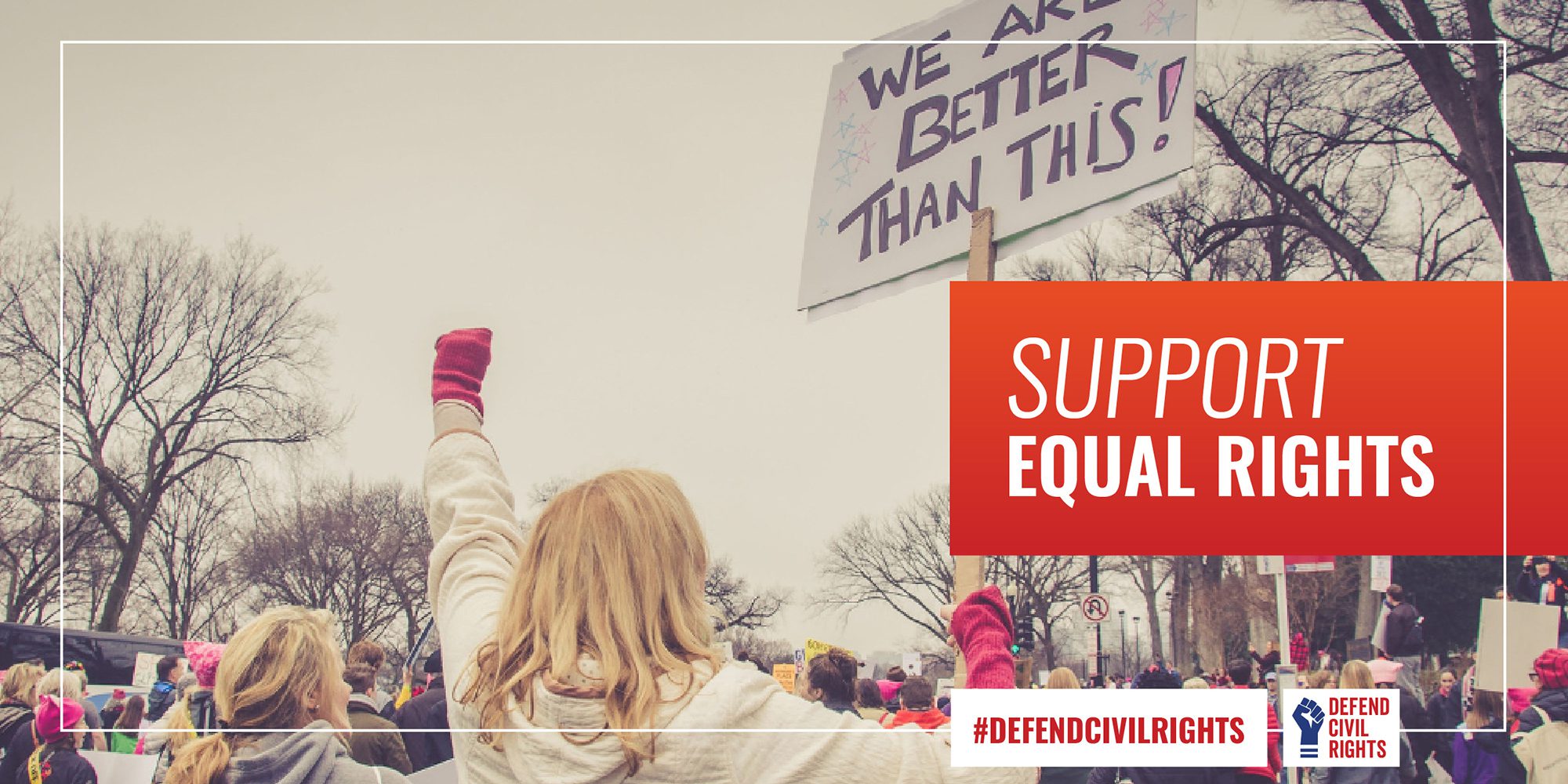HUD proposes rule that would expose people of color, women, families with children, people of faith, people with disabilities, and other communities to discrimination
Ohio fair housing advocates are condemning a proposed rule recently published by the Department of Housing and Urban Development (HUD) that would destroy a key civil rights tool under the Fair Housing Act called “disparate impact.” If the rule is finalized, it would be virtually impossible to challenge covert discriminatory practices by financial institutions, insurance companies, and housing providers, and open the floodgates for widespread discrimination against millions of people, particularly communities of color, women, families with children, people of faith, and people with disabilities.
“It is imperative that we make our voices heard,” said Marie Flannery, President and CEO of The Fair Housing Center, in Toledo, Ohio. “The administration has been chipping away at our civil rights since January 2017. This latest attack, if successful, will gut an enforcement tool that has historically had a broad and profound impact on protecting the housing rights of all people, particularly vulnerable populations and communities of color. The Fair Housing Center has utilized this tool to combat systemic discriminatory practices in the areas of homeowners insurance, mortgage lending, and post-foreclosure property maintenance practices that had a disparate impact on communities of color, women, and other protected groups.”
The Fair Housing Act bars not only intentional discrimination, but also the use of policies that appear neutral on their face but have the effect of creating unnecessary “disparate impact” on underserved groups such as people of color, women, and people with disabilities. Disparate impact is a foundational fair housing principle and an essential part of the fabric of fair housing enforcement.
HUD’s proposed changes would gut effective disparate impact enforcement and dismantle essential civil rights protections.
The move has already drawn widespread opposition from a diverse array of civil rights, consumer protection, and community development groups. Now, a diverse coalition of civil rights groups has created the campaign to “Defend Civil Rights” aimed at mobilizing thousands of people across the country to oppose the proposed rule and sound the alarm on its widespread, harmful consequences.
Ohio’s fair housing advocates urge Ohioans to go to DefendCivilRights.org and submit their comments by HUD’s October 18th deadline. Your voice matters. Make sure it is heard.
Ohio fair housing advocates supporting this effort include:
Carrie Bender-Pleasants, Executive Director – CPleasants@thehousingcenter.org
Fair Housing Center for Rights & Research, Cleveland, OH
Vincent Curry, Executive Director – Blacurr@aol.com
Fair Housing Advocates Association, Akron, OH
Lauren Green-Hull, Associate Director – LGreen@fairhousingakron.org
Fair Housing Contact Service, Inc., Akron, OH
Jeniece Jones, Executive Director – Jeniece.Jones@homecincy.org
Housing Opportunities Made Equal (HOME) of Greater Cincinnati, Cincinnati, OH
Patricia Kidd, Executive Director – PatriciaKidd@msn.com
Fair Housing Resource Center Inc., Painesville, OH
Marie Flannery, President/CEO – mariemflannery@toledofhc.org
Toledo Fair Housing Center, Inc., Toledo, OH
Jim McCarthy, President/CEO – jim.mccarthy@mvfairhousing.com
Miami Valley Fair Housing Center, Inc., Dayton, OH
HUD’s proposed rule adds new standards and makes drastic changes that institute dangerous exceptions to the disparate impact tool, which has been used for almost 50 years to combat discrimination. Key proposed changes include:
● Overwhelming obstacles to prove discrimination: Victims of discrimination will face a drastically higher burden to prove a disparate impact claim under the FHA, making it virtually impossible to succeed.
● Profits above all else: Language in the proposed rule suggests that a practice or policy that is profitable could be immune from challenge for its discriminatory impact.
● Discrimination by algorithm: The proposed rule would provide special defenses for business practices that rely on statistics or algorithms, such as credit scoring, pricing, marketing, and automated underwriting systems. They can have starkly discriminatory effects but can operate as a hidden box, making those discriminatory effects difficult to attribute to any person’s intentional discrimination.
● No data, no records, no accountability: Businesses are disincentivized to collect important data that can reveal discrimination. This means that victims of discrimination will be unable to identify whether discrimination is happening and lack the ability to challenge it if they do detect discrimination.


